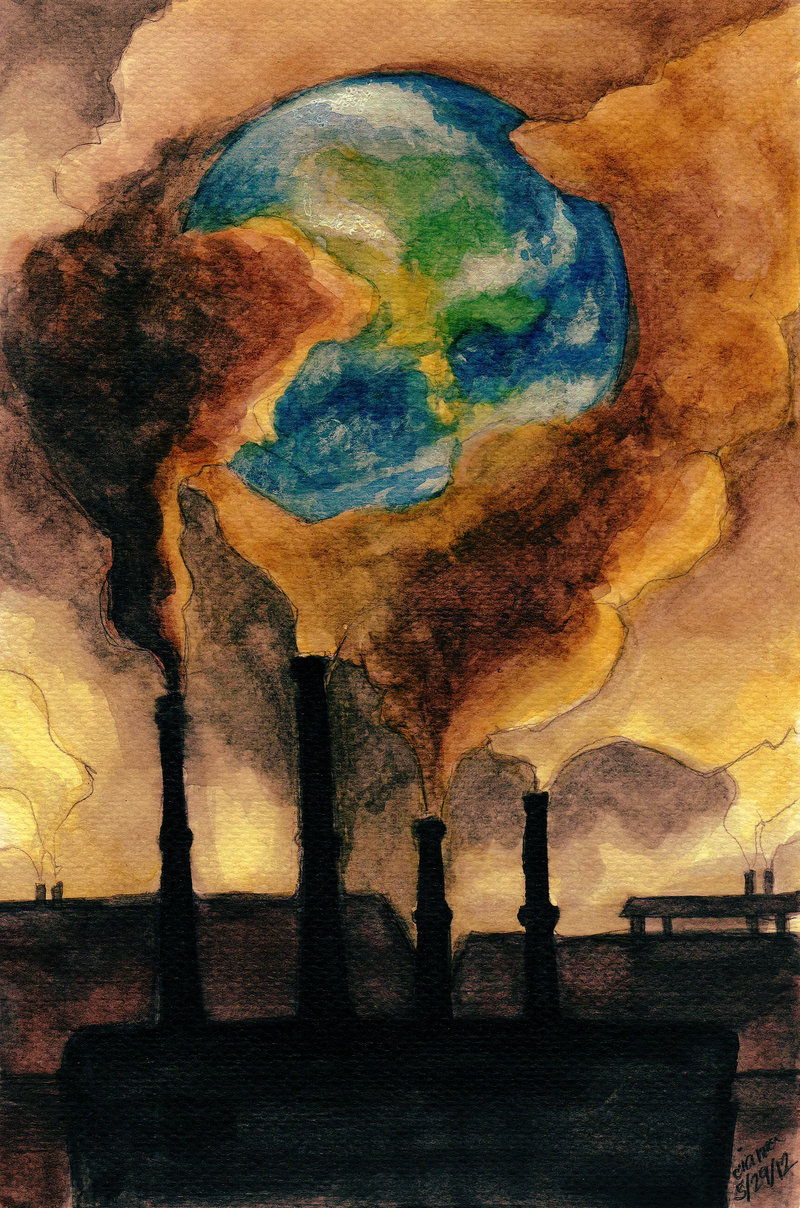 Clear and cool this early Monday on California’s north coast and the start to a fresh work-week, and a sense of no telling what’s going to happen next.
Clear and cool this early Monday on California’s north coast and the start to a fresh work-week, and a sense of no telling what’s going to happen next.
Quote of the weekend — from a new book, “Double Down: Game Change 2012,” about last year’s presidential campaign, and via the Washington Post: Obama meditating on drone strikes and telling his aides that he’s “really good at killing people…”
Well, that’s bit different than ‘Hope and Change,’ I’d say, and maybe a Nobel Peace prize ain’t what it used to be.
In another ‘really good’ slide from the president was the cop-out Friday on a climate change executive order, which in the sense of most environmental people was a stab in the heart of the matter — adaptation instead of working to prevent further warming.
And the right-wing, nut-jobs are all over Obama’s EO, but most of the mainstream media ignored it
(Illustration found here).
Since it seems we humans can’t turn off the fossil-fuel faucet, a lot of people believe the only solution is to throw-up a lot of adaptation practices, which appears sincere, but too late for school.
From Daily Climate last April:
When discussing climate change, the first thing that should be clear is the impractical nature of pure mitigation; it is an unfeasible undertaking for an apathetic species, and the deadline is too imminent.
We can’t afford to stumble in our efforts, but the sad truth is that we already have.
Political dissension hinders efforts greatly, and the leviathan of world government is slow to move.
This has created a growing pessimism within the scientific community, with the Guardian reporting that almost nine out of 10 climate scientists don’t believe political efforts to restrict global warming to 2º Celsius will succeed.
And then, adaptation?
John Sterman, a MIT professor, wrote this in July about the situation via Think Progress. He’s an adaption skeptic:
However, adaptation without mitigation is futile.
Since Sandy the focus has been on updating flood maps and building sea walls.
But sea walls are the Maginot line of climate change.
Sea walls won’t help with ocean acidification, water shortage, drought, more and more dangerous wildfires, declines in agricultural output, and the many other impacts of climate change, not to mention the climate refugees and risks of war in regions those impacts create.
However, when we point out that there’s no adapting to the changes in the climate we are facing if we don’t cut emissions dramatically, some adaptation advocates say, “yes, but if we can convene people around adaptation, they’ll soon see its limitations and will end up strongly advocating mitigation as part of their local adaptation plan.”
I’m deeply skeptical.
It is more likely that the current push for adaptation will consume all the resources, energy and attention around climate change, so mitigation won’t be considered, or become an afterthought.
New York City just released its $20 billion climate resilience plan.
The plan focuses on adaptation, and pays no attention to reducing the greenhouse gas emissions that create the need for adaptation in the first place.
Right.
The world is indeed facing a shit-fest and adapting to it won’t matter — the force of the coming/already-here climate change scenario is too overpowering. Adaptation only makes us feel better right now.
Next week, world climate folks will meet again in Warsaw, Poland, in another attempt at attempting to sway survival over economics, but good luck with that.
Yesterday via BusinessWeek:
“There is nothing that can be agreed in 2015 that would be consistent with the 2 degrees,” said Yvo de Boer, who was UNFCCC executive secretary in 2009, when attempts to reach a deal at a summit in Copenhagen crumbled with a rift between industrialized and developing nations.
“The only way that a 2015 agreement can achieve a 2-degree goal is to shut down the whole global economy.”
The Warsaw meeting will continue work toward a treaty limiting carbon dioxide emissions in all nations.
The aim is to complete the text in 2015 and for targets to take effect in 2020.
Even the current diplomat managing the process says success will require further steps beyond the treaty.
“I don’t think even a 2015 agreement is going to all of a sudden overnight result in a 2-degree pathway,” Christiana Figueres, the current UNFCCC executive secretary, told reporters Oct. 21 at the policy analyst Chatham House in London.
“There is no agreement that is a miracle.”
Figueres, 57, who succeeded de Boer, 59, in 2010, said then that she doubted a final agreement on climate change will happen in her lifetime.
At the London conference, she said a 2015 treaty must “very visibly and palpably affect the trajectory of emissions,” bringing them to a peak this decade, before declining to zero net emissions after 2050.
Read some sobering shit at Skeptical Science about our way-possible future.
Adapting will just simmer the heat for awhile, and as Obama boasted that he’s good a killing people, so…